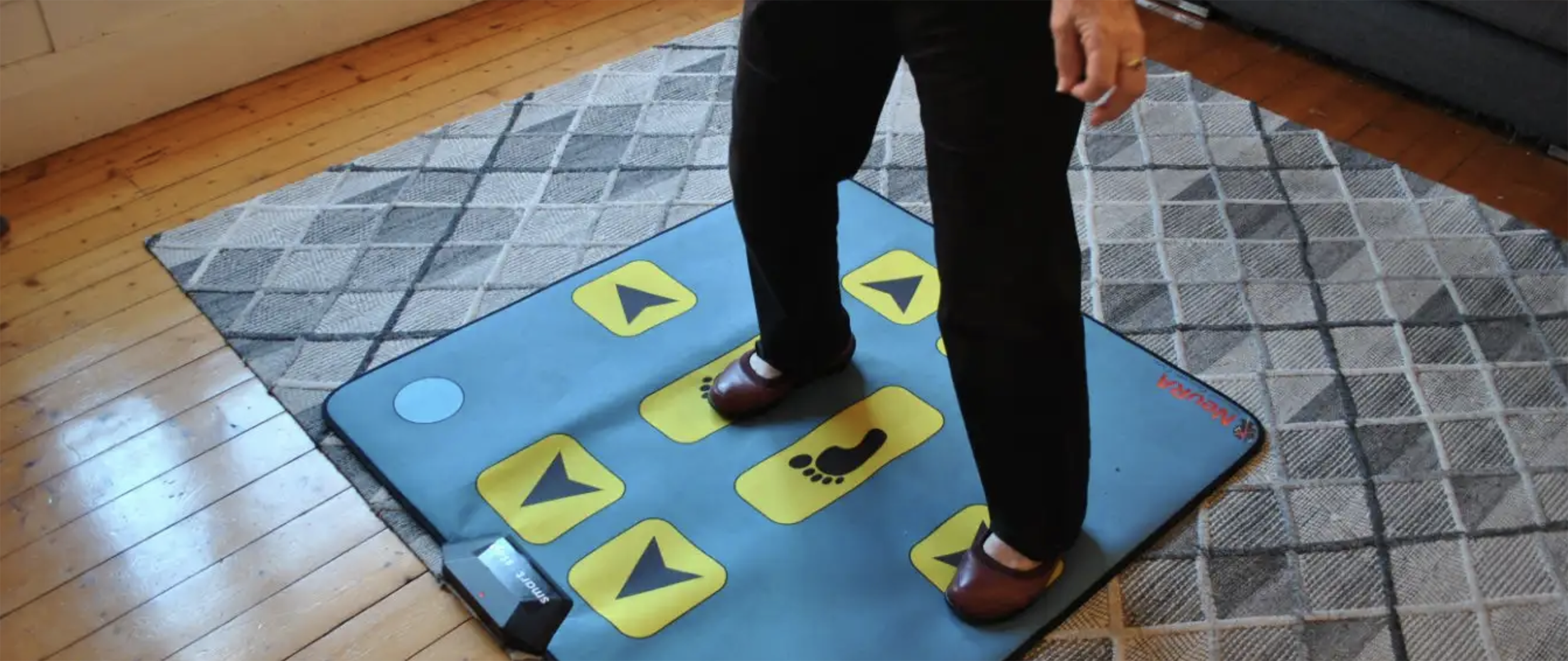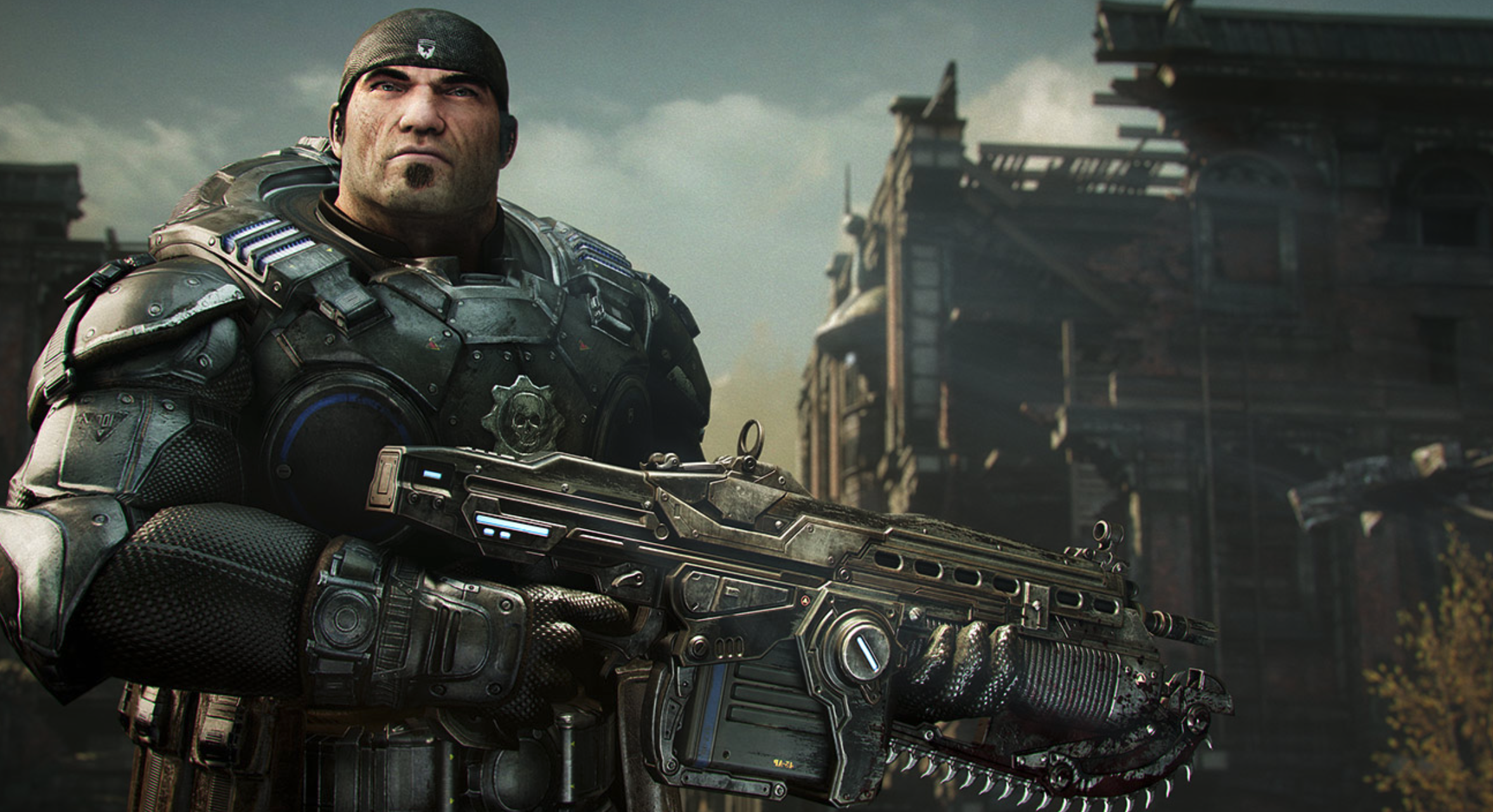Playing specially designed video games may do more than provide entertainment for older adults with memory problems. A new Swiss study suggests that “exergames,” games that mix movement, puzzles, and even breathing exercises, could help protect parts of the brain most vulnerable to Alzheimer’s disease.
Researchers tested a program called Brain-IT, which turns physical activity into an interactive video game. In a trial involving 30 older adults with mild cognitive impairment, participants who used the system for 12 weeks showed increases in brain volume in areas tied to memory and thinking. These included the hippocampus, a key structure that typically shrinks in Alzheimer’s disease, and the thalamus, which helps process information.
Participants trained at home almost six times a week, spending at least 24 minutes per session. The game required players to stand on a pressure-sensitive platform, solve puzzles by moving their bodies, and complete breathing exercises designed to improve focus and reduce stress. The system automatically adjusted difficulty based on each person’s progress, creating a personalized workout for both brain and body.
Brain scans taken after the three-month program revealed differences between the gaming group and those who received standard care alone. The exergame players not only showed increases in gray matter volume but also signs of healthier white matter, the brain’s internal wiring that connects different regions. Some of these structural changes were weakly linked to better performance on memory tests.
The findings, published in Alzheimer’s Research & Therapy, are considered exploratory. The trial was small, and researchers caution that the benefits need to be confirmed in larger, longer-term studies. It’s also not clear whether the improvements came from the physical activity, the mental challenges, the breathing exercises, or the combination.
Still, the results are encouraging. Treatments for mild cognitive impairment currently focus on slowing decline rather than improving brain function. The idea that targeted training could not only preserve but possibly restore memory-related brain structures offers a new angle in Alzheimer’s care.
Another advantage is accessibility. Because Brain-IT is designed for home use and automatically adjusts to a player’s ability, it could be easier for older adults to stick with than traditional exercise or therapy programs. During the study, participants logged nearly 1,700 minutes of training, showing strong engagement.
While much more research is needed, the study adds to growing evidence that combining movement and mental stimulation through technology could support brain health. For people at risk of Alzheimer’s, exergames may one day be part of the care strategies used to keep the mind active and resilient.












It’s so cool to see how games that get you moving and thinking could actually help keep the brain healthy!
Movement is key!
This is the blessing and curse of VR, it gets you moving. Only downside is when I’ve already moved a bunch and just want to relax.
Exercise is a great way to refocus your mindset in a positive direction! ✨️
That’s awesome! Dance Dance Revolution with a positive purpose
I love this! I think it’s important prior to a diagnosis as well!
Cool
Get up and move 💪 it! Keep going!
It’s the old saying, ” If you don’t use it, you’ll lose it.”
Wow how cool
To move is to feel more alive!
Gotta keep moving!
I just like the helpful information you provide in your articles
Hmm. This is pretty interesting.
This was beautiful Admin. Thank you for your reflections.
I know I could use some exercise and I love playing video games
It’s great to see a positive outcome from such simple principles.
Every little bit helps.